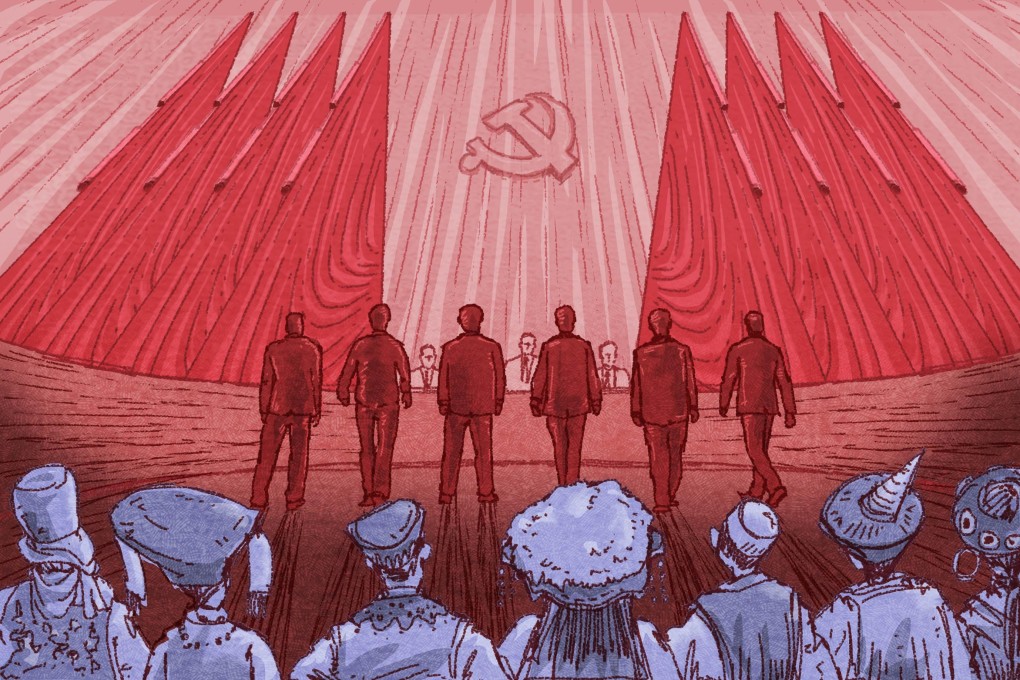Do ethnic minorities add more than just a dash of colour on China’s political stage?
- Experts say ethnic minority representation in senior leadership will continue to weaken as Beijing puts more focus on integration in one national identity
- Key factors for promotion boil down to unquestionable loyalty and the ability to deliver economic growth targets while maintaining stability

An examination of the résumés of dozens of minority cadres at the top of the leadership shows that, much like their Han counterparts, key elements needed for promotion boil down to unquestionable loyalty and the ability to deliver economic growth targets while maintaining stability. Those with expertise in science and technology are also likely to be favoured.
The representation of ethnic minority officials at the top has decreased in recent years, amid Beijing’s push to fuse ethnic identities into one Chinese national identity.
“This shows the representation of ethnic minority cadres among high-level officials is not as high a priority as in previous years,” said Lai Hongyi, an associate professor at the University of Nottingham’s school of politics and international relations.
The party has a long tradition of recruiting and training ethnic minority political elites that dates back to the founding of the People’s Republic of China as part of its ethnic inclusion measures. But ethnic tensions that have emerged in regions such as Xinjiang and Tibet in past decades have been met with security crackdowns.
China’s officially recognised non-Han ethnic groups make up 8.9 per cent of the country’s population, and 7 million of the 125 million members of those groups are party members.
